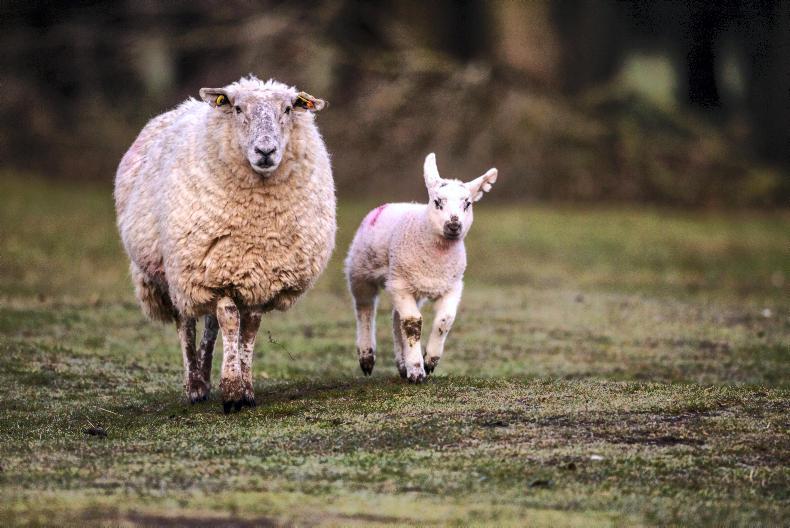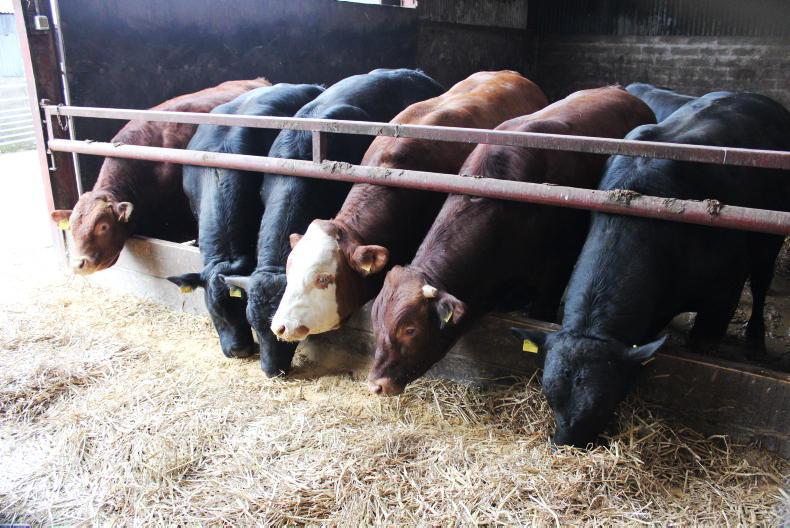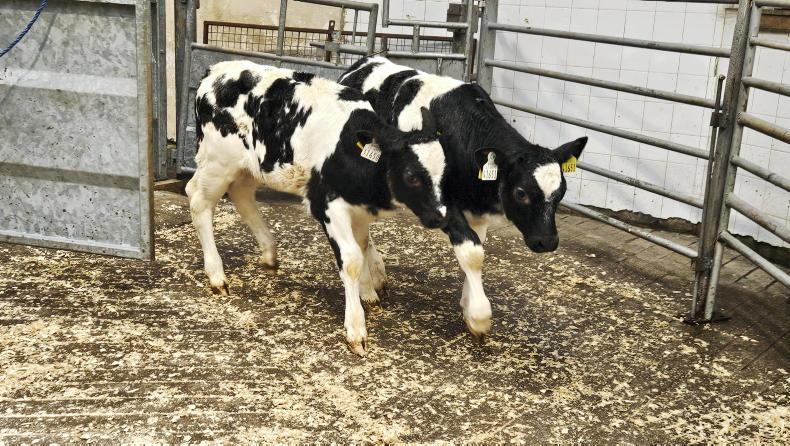The prevalence of bovine viral diarrhoea (BVD) and other similar viruses among sheep in NI has fallen considerably, a new study has found.
Almost 3,400 sheep from 188 flocks in NI were tested for pestivirus, a family of viruses which causes the likes of BVD, border disease and classical swine fever.
The new study found that only 1.7% of animals had been infected with pestivirus at some point in the past. The figure differs considerably from a study conducted 20 years ago which found pestivirus prevalence among NI sheep was at 5.3%.
The border disease virus, which can lead to weak and shaky lambs at birth, was not found to be prevalent among NI sheep
Pestivirus was found in 17.3% of flocks that participated in the new study and compares to a flock prevalence rate of 30.4% back in 1999.
Although BVD is more commonly associated with cattle than sheep, the researchers found that the BVD virus is the “main pestivirus circulating within the sheep population” in NI.
The border disease virus, which can lead to weak and shaky lambs at birth, was not found to be prevalent among NI sheep.
The eradication programme in cattle has also reduced the burden of infection in sheep
The new study was led by scientists from the Agri Food and Biosciences Institute and the results were published in the scientific journal Veterinary Record.
The paper states that the introduction of the compulsory BVD eradication programme for cattle in 2016 has been a key factor in falling BVD rates among sheep.
“The eradication programme in cattle has also reduced the burden of infection in sheep,” the paper states.
The study found no evidence that any sheep were actively shedding pestivirus at the time of testing. The scientists suggest it is therefore uncommon for lambs that are born persistently infected (PI) with pestivirus to survive into adulthood.
Samples from 177 abortion cases were also tested as part of the study and the scientists concluded that pestivirus infection in pregnant ewes is “not a major factor in abortions in NI”.










SHARING OPTIONS